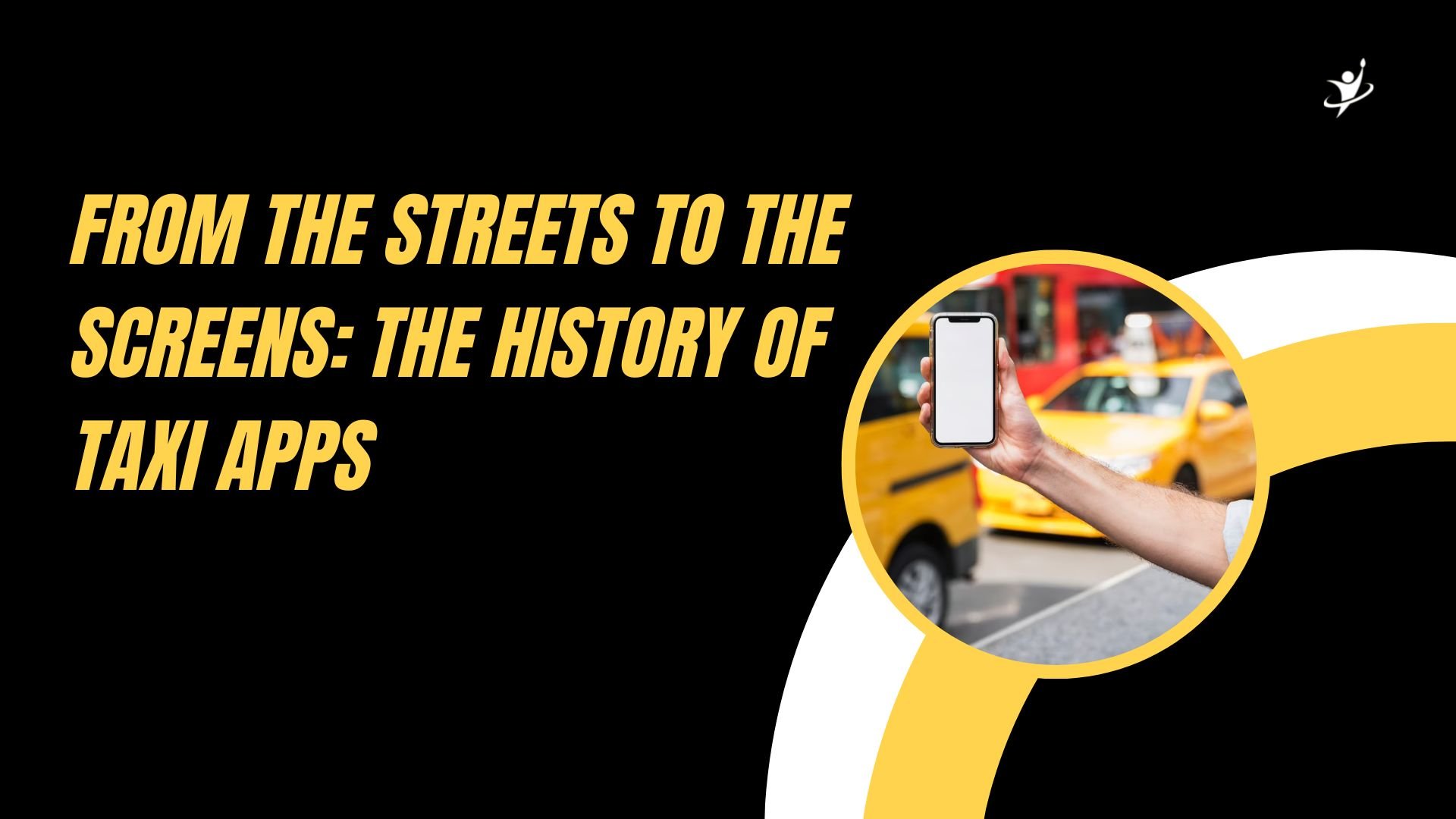The story of taxi apps begins on the streets of San Francisco. It was 2009, and two friends, Travis Kalanick and Garrett Camp, were attending a tech conference. Frustrated with the lack of available taxis, they came up with an idea for an app that would allow people to request a ride on their smartphones. They called it UberCab, and it would change the way we think about transportation forever.
The early days of Uber were fraught with challenges. Regulators in cities across the United States were skeptical of the app, arguing that it violated traditional taxi laws. But Uber was undeterred, and they launched their service in San Francisco in 2010. The response was overwhelmingly positive, and soon, Uber was expanding to other cities around the world.
Other companies soon followed suit. Lyft, founded in 2012, offered a similar service, but with a focus on friendliness and community. In Europe, companies like MyTaxi and Hailo emerged, catering to the specific needs of the European market.
As taxi apps became more popular, they also became more controversial. Traditional taxi drivers saw them as a threat to their livelihoods, and regulators struggled to keep up with the fast-paced changes in the industry. Uber, in particular, faced numerous legal battles and protests from taxi drivers and regulatory authorities.
But despite the controversies, taxi apps continued to grow in popularity. They offered an unprecedented level of convenience and transparency, allowing people to track their rides in real-time and pay with ease. They also opened up new opportunities for drivers, who could now earn money using their own cars.
Today, taxi apps are ubiquitous. Services like Uber and Lyft have become household names, and new companies are emerging all the time. The industry continues to evolve, with companies experimenting with new technology like autonomous vehicles and electric cars.
The story of taxi apps is a testament to the power of innovation and entrepreneurship. From the streets of San Francisco to screens around the world, these apps have transformed the way we think about transportation, and they show no signs of slowing down.
In Conclusion, LBM Solutions is the premier Mobile App Development Company If you’re looking to get your taxi business up and running with an app that is both user-friendly and efficient, look no further than LBM Solutions.











